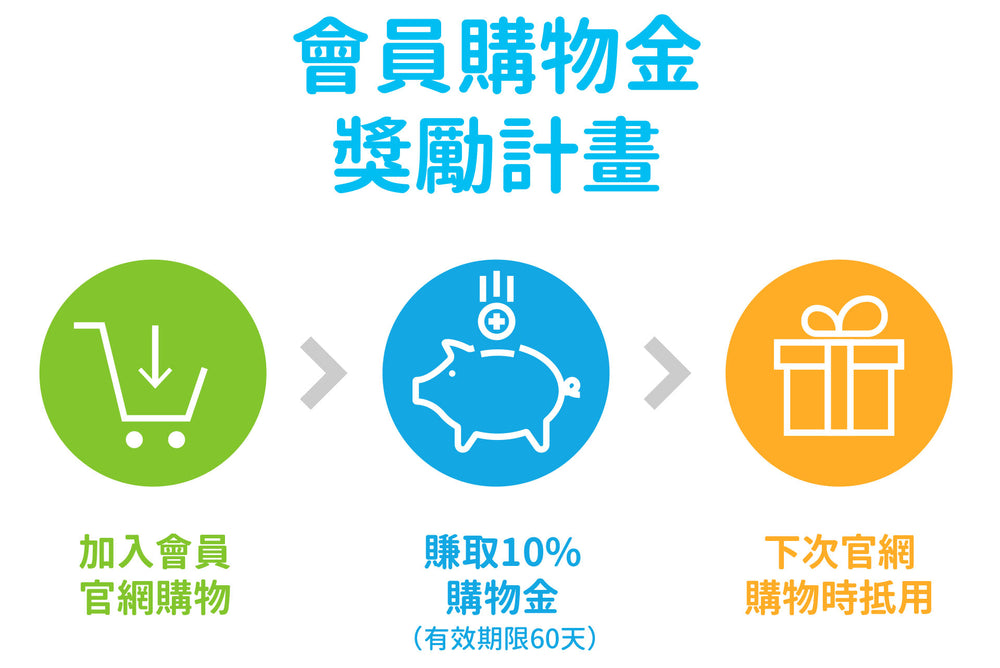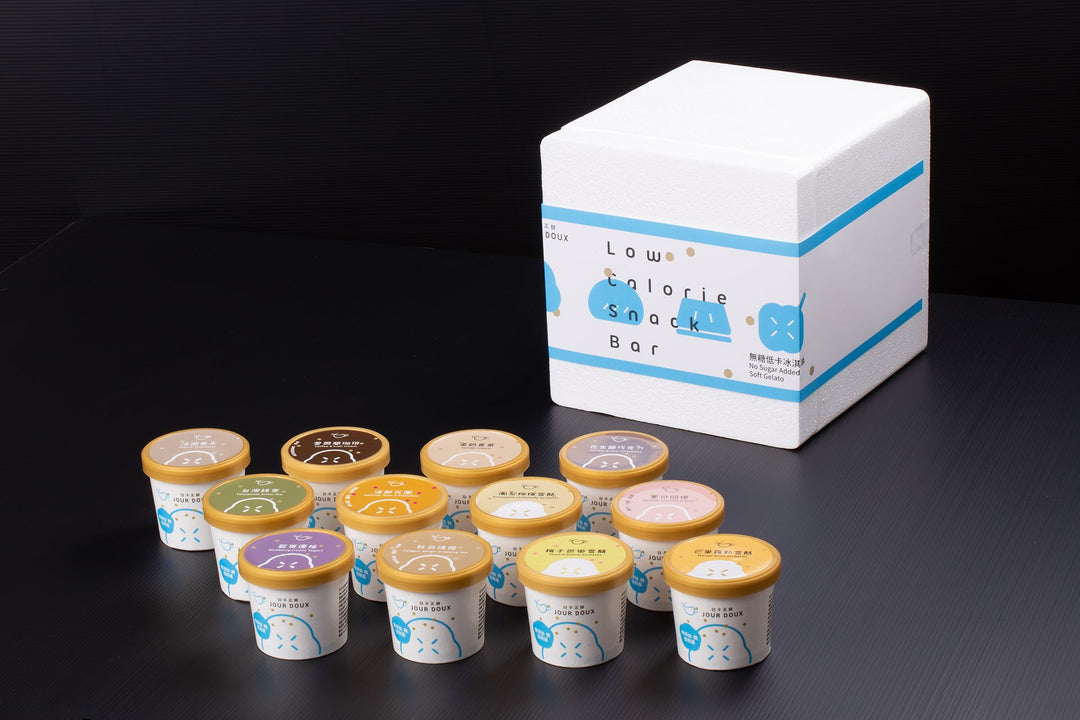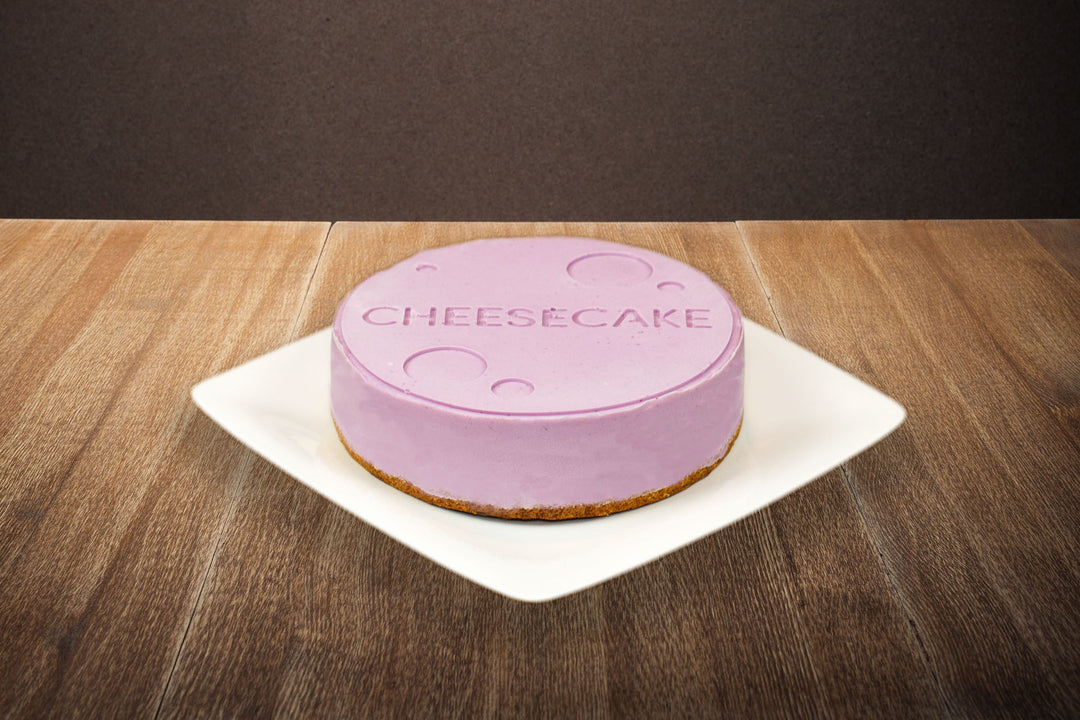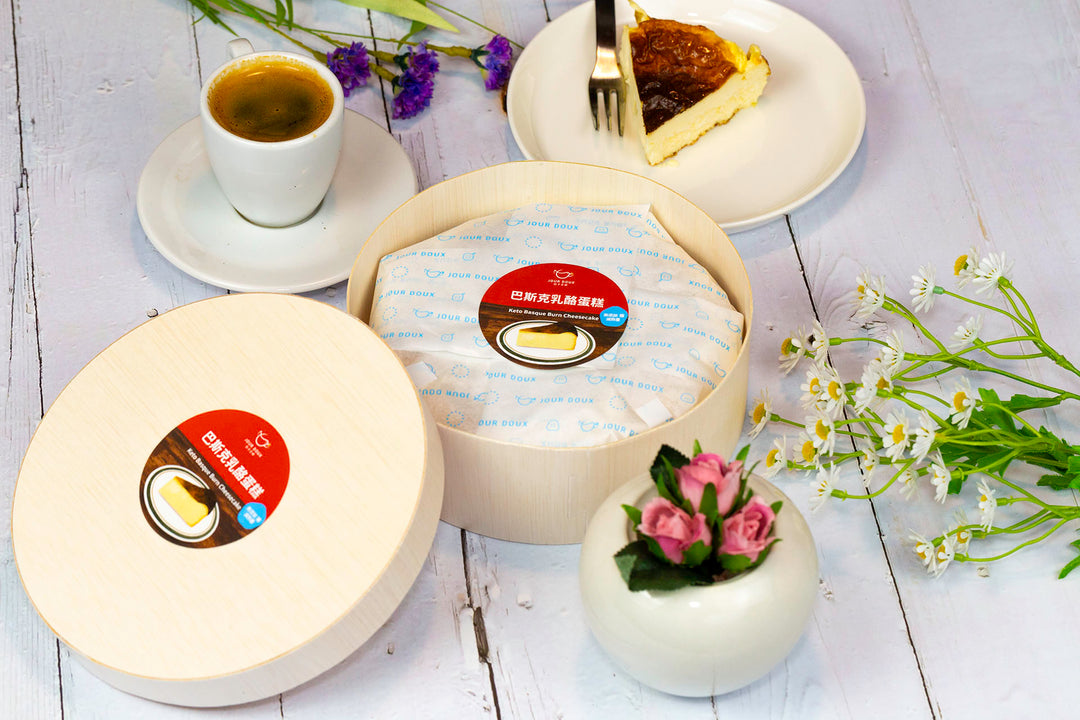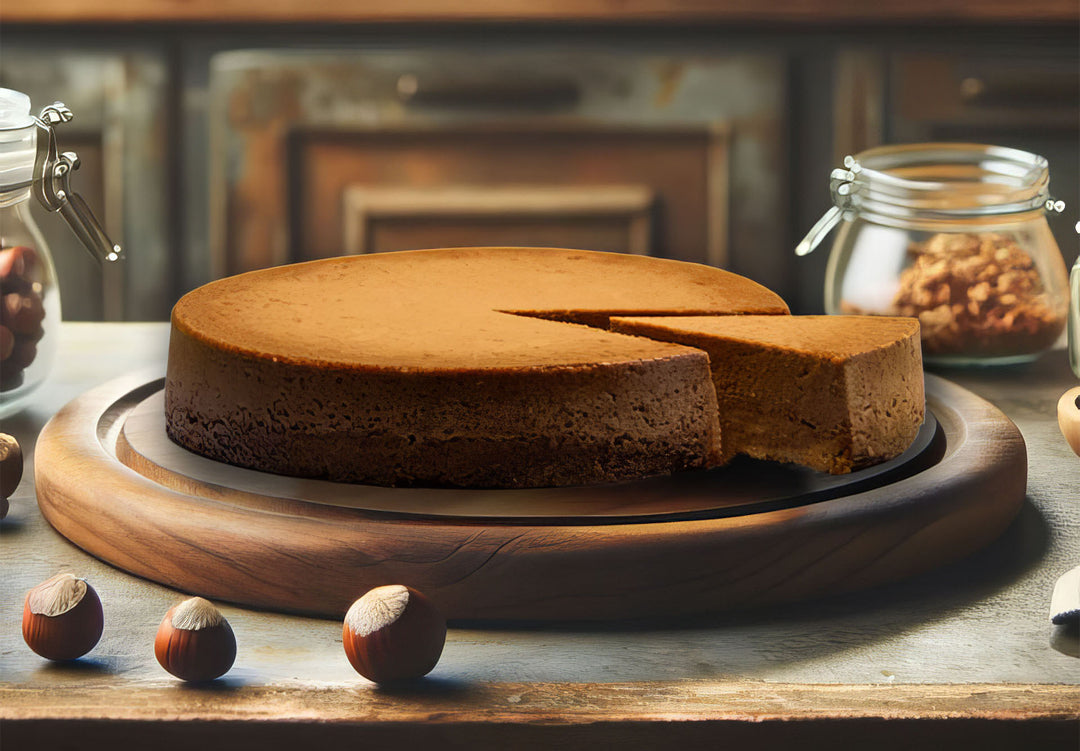Advantages and Disadvantages of Artificial Sweeteners (Part 1)
In the previous section we discussed natural sweeteners and carbohydrates such as sugar alcohols. Next we will talk about non-carbohydrate artificial sweeteners. The so-called artificial sweeteners refer to sweeteners that cannot be produced naturally in nature, but are purely synthesized by humans. Because of their high sweetness, the highest neotame even reaches 8,000 times the sweetness of sucrose, and its calorie and glycemic index are almost zero. Compared with natural sweeteners and sugar alcohols, the cost of industrial production is cheaper, so it is widely used It is used as a food additive to increase sweetness in food and reduce costs. It is also the main source of sweetness in non-sugar drinks (such as Diet Coke, etc.). 
However, the biggest controversy of artificial sweeteners is their safety. Since the Food and Drug Administration (FDA) of the United States began to ban cyclamate in 1969, saccharin, which was used by the beverage industry to replace cyclamate, was also banned in 1977. The FDA banned it; aspartame, which was widely used instead of saccharin, caused medical controversy over its side effects. Let us use the following space to examine each artificial sweetener one by one.

Sucralose
Sucralose, whose scientific name is sucralose, is the only artificial sweetener derived from sucrose. In 1976, Phadnis , an Indian student at Queen Elizabeth College in London , was experimenting with synthesizing pesticides. His supervisor, Professor Hough , asked him to test one of the compounds. Because his English was not good, he heard it as " taste". After obediently trying it, I stumbled upon the world's best-selling artificial sweetener ( usually marketed under the Splenda brand ) .
The average sweetness of sucralose is 600 times that of sucrose, and the taste is also close to sucrose. However, it is worth noting that in order to dilute the sweetness to the same sweetness as sucrose, maltodextrin and glucose are added to the sucralose sold in practice. , so although sucralose is zero-calorie, the actual product may still contain 2-4 calories per gram (FDA allows foods with less than 5 calories per serving to be labeled as zero-calorie) .

Until this year (2016) , scientific research has not found evidence that sucralose will harm health, but in February this year, the US Center for Science in the Public Interest (CSPI, Center for Science in the Public Interest) has removed Splenda from "Warning ” was downgraded to “avoid” because an Italian research institute found a link between sucralose and blood cancer in rat experiments. Another health concern is that when sucralose is heated to 119 ° C , it will decompose into chloropropanol. This compound may increase the risk of cancer after being absorbed by the human body, so it is not suitable for high-temperature baking and cooking.


